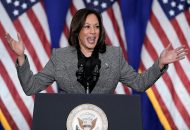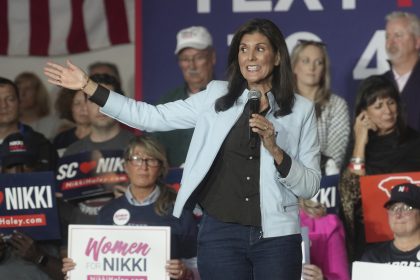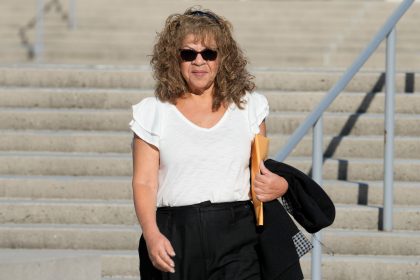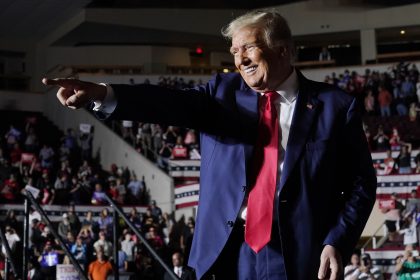FEC Asked to Set Value for Campaign Research in Senate Race
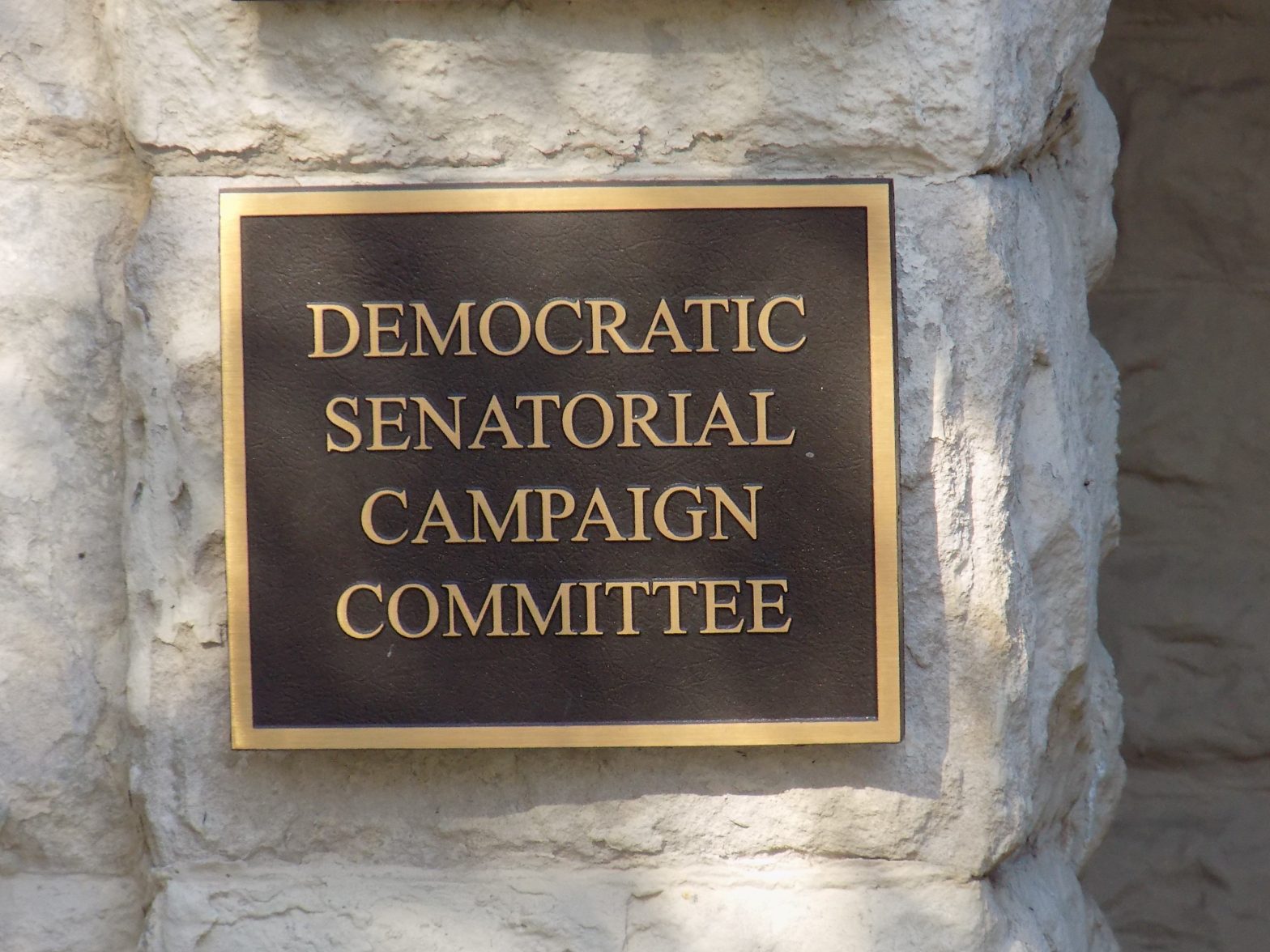
WASHINGTON — The campaign committee for Senate Democrats has asked the Federal Election Commission to appraise the value of a “research book” it wants to provide to two Democratic candidates to aid in their bids to unseat an incumbent Republican senator.
In its letter sent last month to Lisa Stevenson, acting attorney general counsel of the commission, attorneys for the Democratic Senatorial Campaign Committee explain that the group paid $30,000 to a consultant to write the research book “regarding a sitting Republican United States Senator.”
The letter neither identifies the Senator nor the state he represents.
“The DSCC plans to use the information contained within the book to inform its own political strategy in the sitting Republican Senator’s state for the 2022 U.S. Senate election,” the letter states, adding “after receiving the book, DSCC plans to review the content and then provide the research book in full to two candidates for the Democratic nomination for U.S. Senate in State A this year.”
“Each candidate will receive the book on the same day and will use the book in whole or in part for their own political purposes, at their discretion and without restriction,” the letter says.
The campaign committee plans to offer each campaign the choice of paying it the value of the research book, treating the value of the book as an in-kind contribution from the committee to the campaign – subject to the contribution limit – or treating the value of the book as a coordinated party expenditure, subject to the state-specific limit for that Senate campaign.
“With respect to the third option, the Democratic National Committee has assigned to DSCC its full coordinated party spending authority for the 2022 U.S. Senate election in State A,” the letter says. “This assignment was made in writing prior to the date of this request and expressly notes that the assignment includes the full amount of the coordinated party spending authority.”
The DSCC is asking the Federal Election Commission to sign off on the plan while endorsing the committee’s assertion that the value of the book to each of the two Senate campaigns is $10,000.
A ruling is necessary, it says, to ensure the DSCC is not unfairly profiting from the shared research, and that public reporting of the research book in campaign filings accurately reflects the amount of money actually spent.
The request for an advisory committee offers a few insights into how money will be allocated during the 2022 midterms.
For instance, it notes that the DSCC may lawfully contribute up to $52,100 to a candidate for U.S. Senate in 2022.
In addition, the Federal Election Campaign Act provides that the national committee of a political party is afforded a separate limit for coordinated party expenditures in each U.S. Senate race.
This limit is calculated as the greater of $20,000 or two cents times the voting age population of the state.
Although DSCC is not afforded a coordinated party spending limit in a U.S. Senate race by law, the Democratic National Committee can permissibly assign some or all of its authority in a given state to DSCC.
Such a scenario plays out in this particular race, as noted above. And in such a case, the assignment must be “made in writing, must state the amount of the authority assigned, and must be received by the assignee committee before any coordinated party expenditure is made pursuant to the assignment.”
As for the rationale of according a $10,000 value to the research for each campaign, the DSCC cites the Act and subsequent commission decisions which held that when an expenditure is made on behalf of more than one clearly identified candidate, the value of the expenditure to any one candidate is “attributed to each such candidate according to the benefit reasonably expected to be derived.”
“Accordingly, the value of a research book purchased by DSCC for its own use and also provided to two candidates for U.S. Senate is calculated based on the benefit derived by each of the recipients,” the letter says.
The campaign committee also points to costs related to polling as an example similar to what it is requesting.
“In the context of polling, the commission’s regulations expressly provide that the benefit received from a poll by a single recipient is properly calculated by dividing the cost of the poll by the total number of recipients,” its letter says. “Thus, the value to a campaign of a poll purchased by DSCC and shared with multiple campaigns is calculated by dividing the overall cost of the poll equally among candidates (including state and local candidates) or political committees receiving the results.”
“This formula in the regulation is logical. If the poll was valued by multiplying the cost by the number of recipients, then the poll’s value would be wildly inflated,” the letter says.
“As with polling cost allocation, in other contexts, the commission has held that the calculation of the ‘benefit reasonably expected to be derived’ from a resource by a federal candidate equals only a proportion of the total expense, even when multiple committees may have access to, and use for, the entire resource,” the campaign committee concludes.
“Here, as in all of the examples above, the Commission should permit DSCC to divide the cost of the shared research book between the recipients,” the letter says. “Whether the cost of the research book is considered a coordinated party expenditure, in-kind contribution, or the recipient candidate committee intends to pay DSCC for the research book, the value of the book is most accurately calculated by dividing the costs among the recipient committees.”
Dan can be reached at [email protected] and at https://twitter.com/DanMcCue












